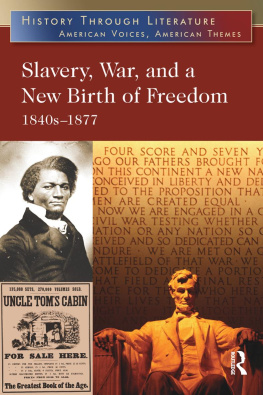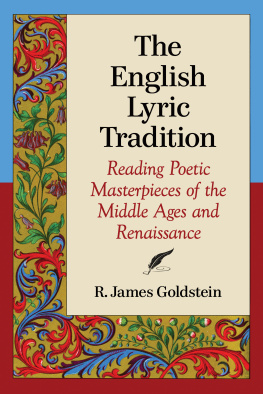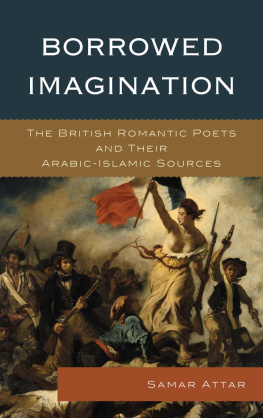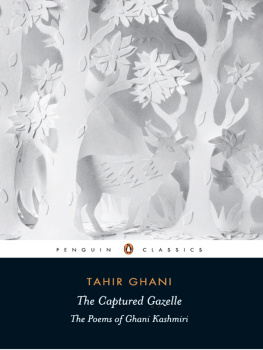KINDRED VOICES
KINDRED VOICES
A LITERARY HISTORY OF MEDIEVAL ANATOLIA
Michael Pifer
Yale UNIVERSITY PRESS
New Haven & London
Published with assistance from the foundation established in memory of Calvin Chapin of the Class of 1788, Yale College.
Copyright 2021 by Michael Pifer.
All rights reserved.
This book may not be reproduced, in whole or in part, including illustrations, in any form (beyond that copying permitted by Sections 107 and 108 of the U.S. Copyright Law and except by reviewers for the public press), without written permission from the publishers.
Yale University Press books may be purchased in quantity for educational, business, or promotional use. For information, please email sales. (U.K. office).
Set in MT Baskerville and MT Bulmer types by Newgen North America.
Printed in the United States of America.
Library of Congress Control Number: 2020951728
ISBN 978-0-300-25039-8 (hardcover : alk. paper)
A catalogue record for this book is available from the British Library.
This paper meets the requirements of ANSI/NISO Z39.48-1992 (Permanence of Paper).
10 9 8 7 6 5 4 3 2 1
For Knar
Though it is wingless, featherless,
It goes faster than the swallow.
It roams aimlessly from country to country,
It returns, it comes, bringing many guests.
Nerss Shnorhali (fl. twelfth century)
O Solomon, tune the strings of that opuz,
That we may learn this language of the birds.
Gl ehr (fl. early fourteenth century)
CONTENTS

MAP 1. Anatolia and neighboring regions, c. 1280.
A NOTE ON TRANSLITERATION AND CITATION
Medieval Anatolia was awash with many languages and scripts, as well as with authors and audiences with multiple cultural affliations. To keep things as simple as possible for the reader, this book generally follows the transliteration system of the International Journal of Middle East Studiesfor Arabic, Persian, and Turkish. For Classical and Middle Armenian, it uses the Library of Congresss romanization system, which is perhaps the most readable for nonspecialists and therefore preferred here. For Greek, it uses the transliteration system of the Journal of Modern Greek Studies. Words that frequently appear in English (Quran, Suf, etc.) and place-names that are still in use today preserve their common English spellings. Other proper names from the medieval period appear with diacritical marks.
For those who care to wade deeper into the weeds: many words, particularly names and titles, appear in more than one linguistic context and could thus potentially be transliterated in different ways. The name of the Suf order founded by Rms followers after his death might be rendered as Mawlawiyya (reflecting a transliteration from Arabic), Mawlaviyya (from Persian), or Mevleviye (from Turkish, which also gives us the Mevlevi order in common English usage). In such cases, transliteration adheres to the linguistic context most relevant to the discussion at hand (Persian in this example). The same is true for the titles of works and names of individuals: the poet Glehr composed verse in Persian and Turkish but is better known for his Turkish poetry (and, presumably, for being Turkish). And so he appears here as Glehr and not as Gulshahr (reflecting a transliteration from Persian).
Another caveat: Middle Armenian is rich with sundry loanwords of Arabic, Persian, and Turkish origin. In cases where I transliterate those loanwords directly from the Armenian script, my transliteration follows the Armenian spelling unless otherwise noted. It is therefore worth observing that true consistency in spelling, imposed by a single transliteration system, remains elusive when we speak of medieval Anatolia.













